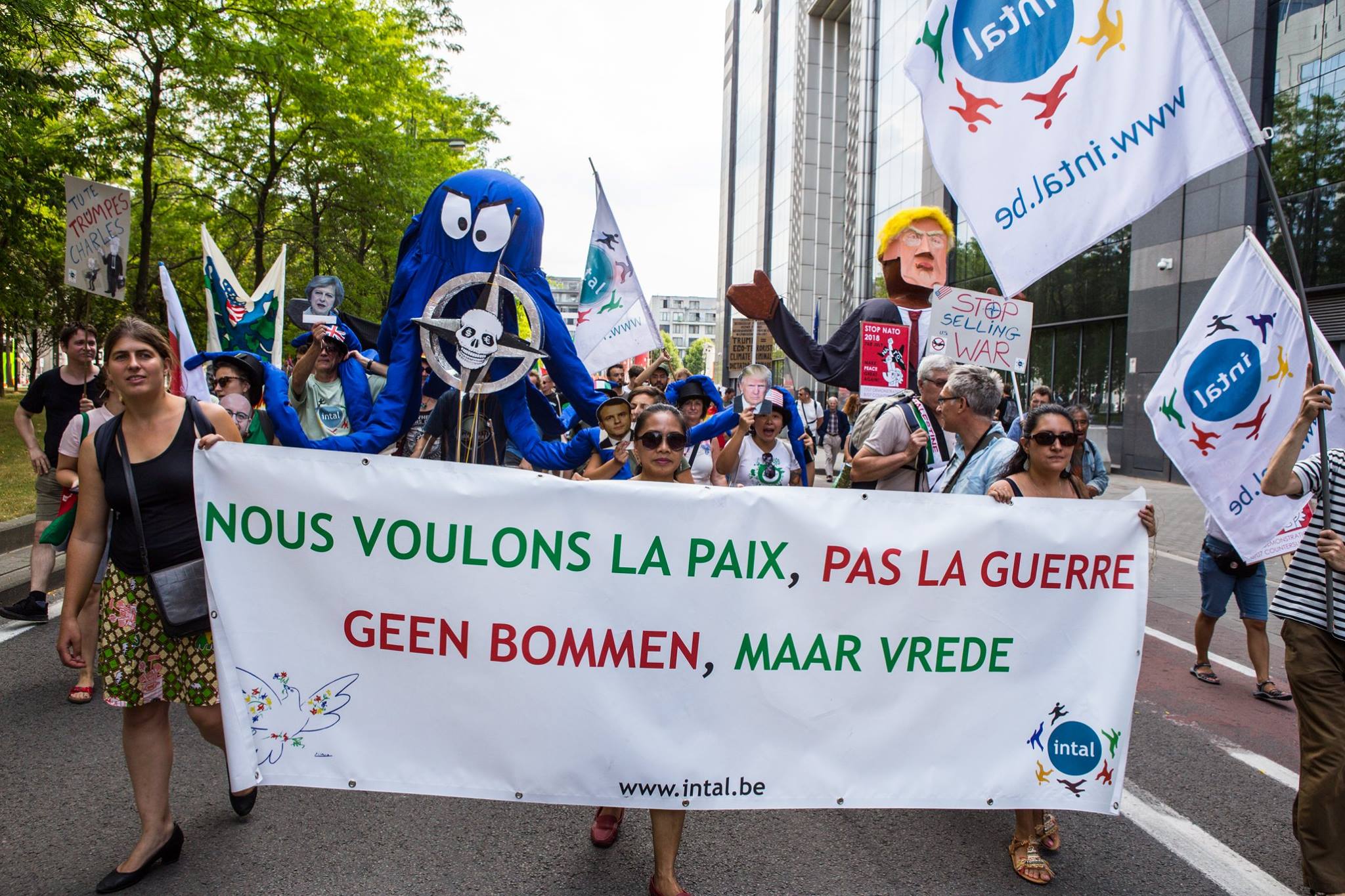"In spite of the clear differences in the history, geography and the socio-economic conditions in the three cities, as well as prevailing political cultures, both sides considered that here was much to be learnt from each other."
Uit onderzoek blijkt ontegensprekelijk dat Amerikaanse moslims het over het algemeen beter hebben dan Europese moslims op economisch en onderwijsgebied.
Enkele conclusies:
"The report highlights that the emphasis should be on education and training of young Muslims to permit their insertion into the work place and remove economic disadvantages. To this end, the private sector, as the economic motor on both sides of the Atlantic needs to become more involved. In addition the report emphasises that there are no policy formulae to be applied for
immigrant integration to succeed, but that a bottom-up approach and working at the local level in the local community and neighbourhood stands the best chance of success. The report recommends amongst other things the exchange of integration specialists between Brussels and Detroit."
Een bevinding waar ik mij geheel in kan vinden is dat moslims exact dezelfde problemen hebben dan andere 'nieuwkomers' in hun zoektocht naar werk, huisvesting,... Politieke besluitvorming in die domeinen doet er dus beter aan om geen onderscheid op basis van geloof.
Persoonlijk kan ik mij kapot ergeren aan politici en zogenaamde opiniemakers die bij alles te pas en te onpas de islam erbij sleuren. Alsof maatschappelijk problemen ook maar 1 fuck te maken hebben met godsdienst.
De onderzoekers vinden wel dat er twee factoren zijn die het proces bemoeilijken voor moslims:
ten eerste dat het zeer overkomelijke feit dat de islamitsche godsdiensten praktijken een meer flexibele 'working timetable' vereisen en dat er rekening dient gehouden te worden met dieetvoorschriften.
De onderzoekers maken daarbij de terechte verwijzing naar de economisch succesvolle integratie (om hun bewoording te gebruiken) van de joodse gemeenschappen in beide steden.
Sleutel tot de integratie volgens de onderzoekers: intercultureel onderwijs, onderwijskansen en de mogelijkheid tot opwaartse mobiliteit.
Met daarbij expliciet een oproep om diploma's uit de landen van herkomst te erkennen en de mogelijkheden uitbreiden om skills te valoriseren.
Tot slot geven ze nog enkele praktische aanbevelingen:
- Work towards more direct consultation of community groups: work with and not for the community
- Encourage more attention to ‘interculturality’ in the training of teachers and social workers.
- Recognize and make the most of local expertise on community matters.
- Make both the economic and cultural contributions of Muslims and their changing attitudes more directly visible (e.g. through a museum and media coverage).
- Further invest in fully incorporating multicultural realities (not necessarily ‘multiculturalism’ as a doctrine) in the curriculum of schools; provide concrete information on diverse cultures.
- Invest time and resources in neighbourhoods. Do not allow degradation of the environment (graffiti, broken windows etc) to take over. Instil a sense of pride in what people can do for their community.
- Establish coherent and responsive resident and guest worker policies for migrants along with systematic multi-lingual support programs for new arrivals and families in public schools.



Geen opmerkingen:
Een reactie posten